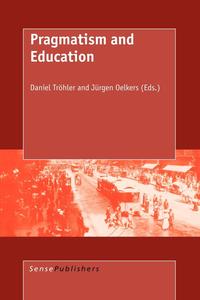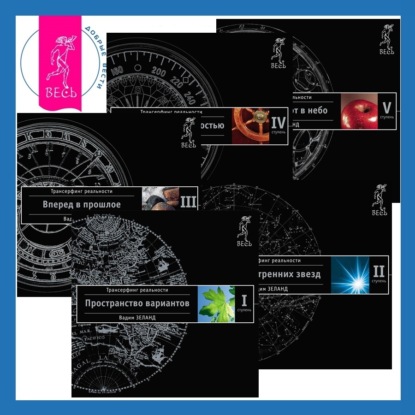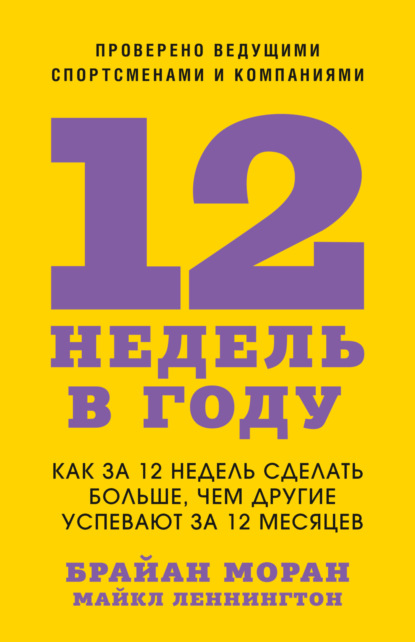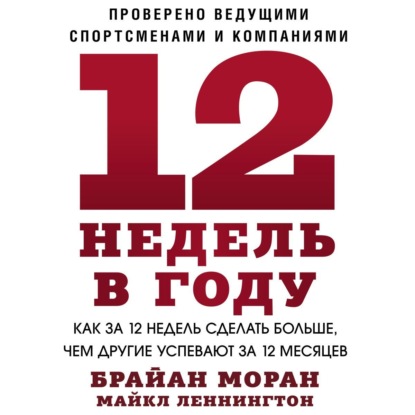The papers in this book have emerged from a conference which was organized in Zurich in 2003 by the Pestalozzianum Research Institute for the History of Education and the Educational Institute of the University of Zurich. The conference was organized in light of the increasing internationalization of educational discussion within the last ten to twenty years and the topic was the relation between pragmatism and educational theory. The contributions appear in a kind of chronological order. First, James A. Good examines the repeatedly asserted Hegelian roots of Dewey"s philosophy, while Hans-Peter Kruger, Meike Sophia Baader, and Roswitha Lehmann-Rommel address specific aspects of pragmatism, such as public communication, religion, and aesthetics, with the main emphasis of the analysis on William James and John Dewey. Jane Addams" and George Herbert Mead"s education stands at the center of interest in the contributions by Daniel Trohler, Birgit Althans, Gert Biesta, and Jurgen Oelkers, while Philipp Gonon and Stefan Bittner turn to the question of why pragmatism had such a hard time of gaining a foothold in Germany. The final contribution, Philip W. Jackson"s systematic analysis of Dewey"s thought, breaks with the chronological perspective of the volume, shifting the focus to other central and fruitful issues. This book should be of interest to students, teachers and researchers who are studying educational theory in general and pragmatism in particular. Это и многое другое вы найдете в книге Pragmatism and Education
Pragmatism and Education (книга)
Подробная информация о книге «Pragmatism and Education ». Сайт не предоставляет возможности читать онлайн или скачать бесплатно книгу «Pragmatism and Education »















